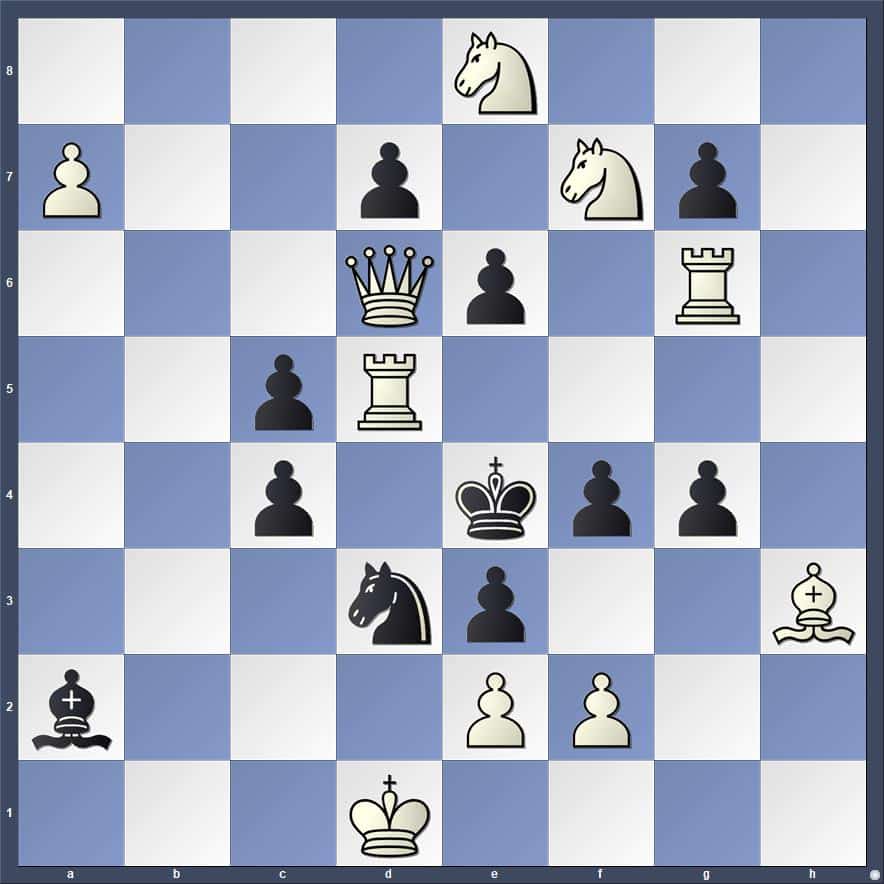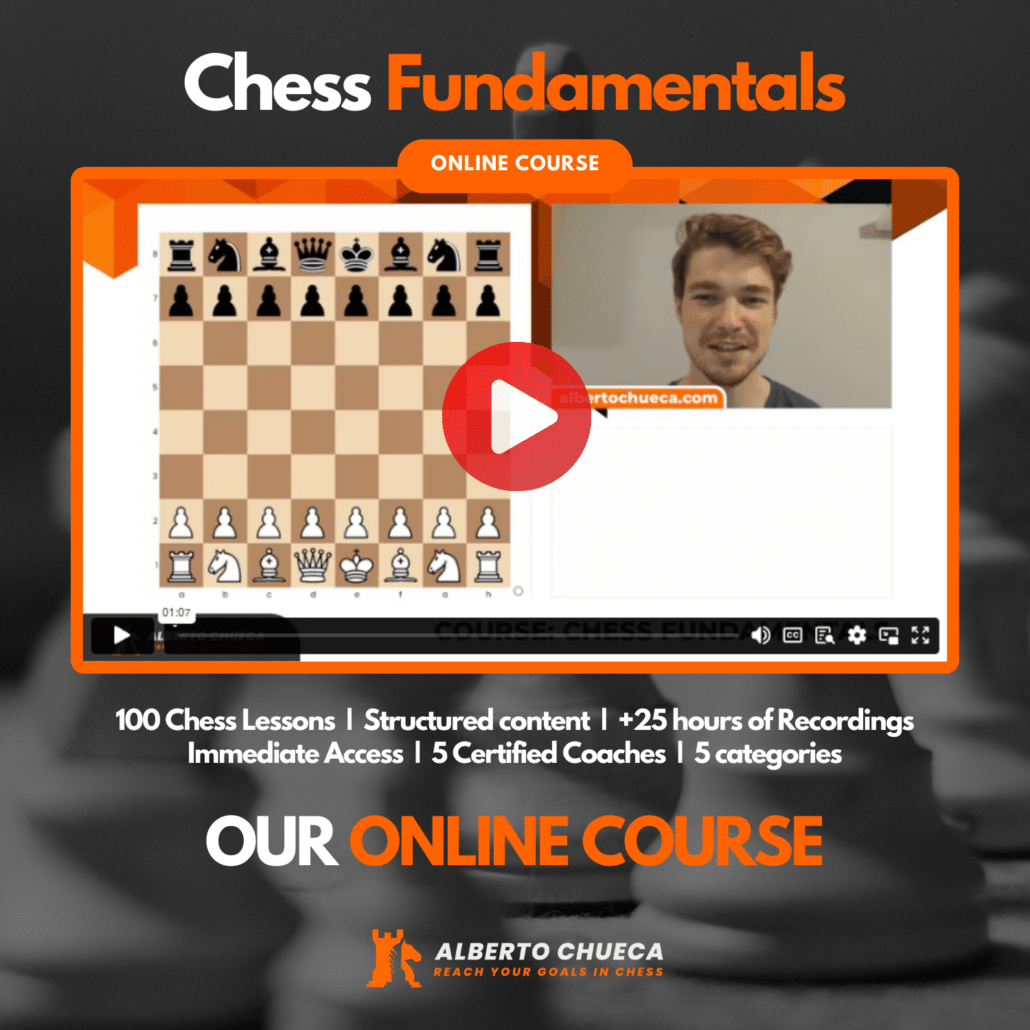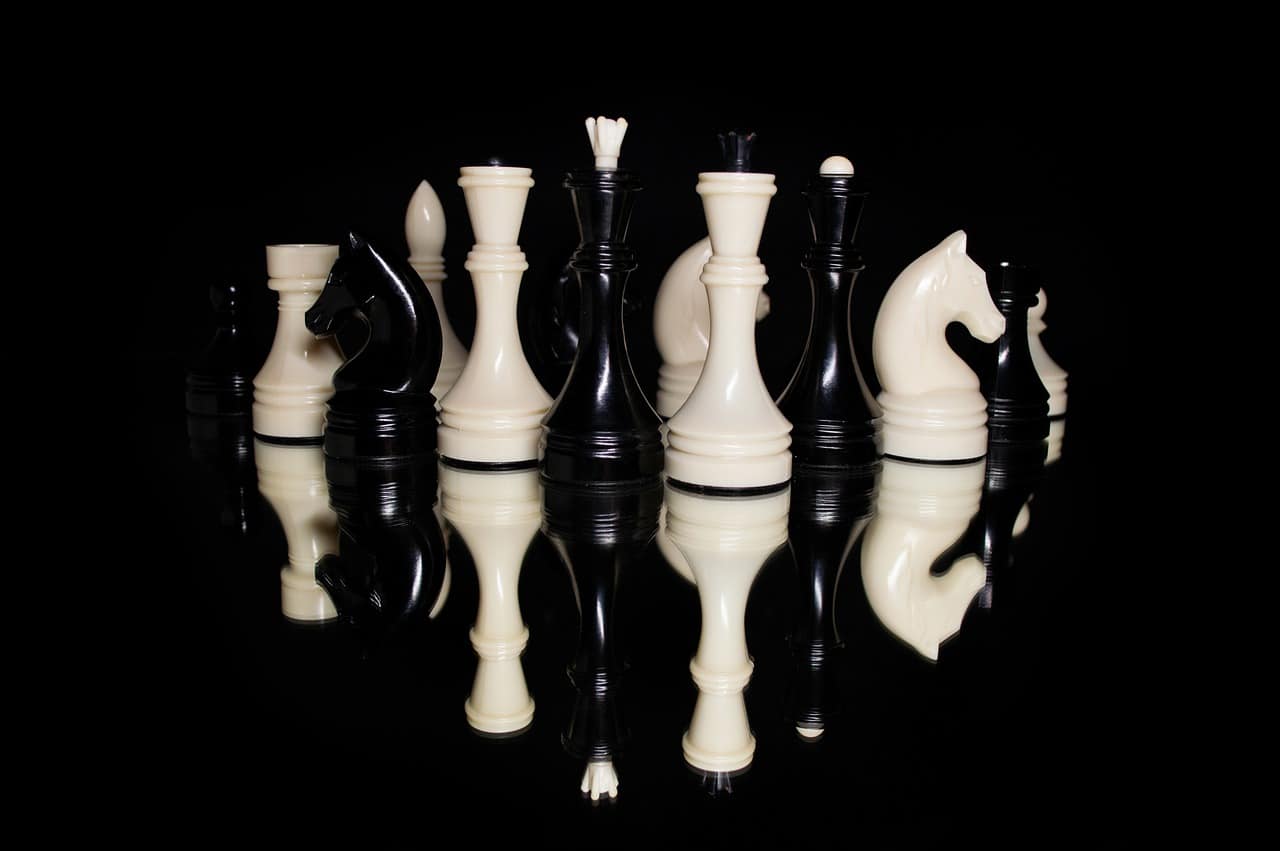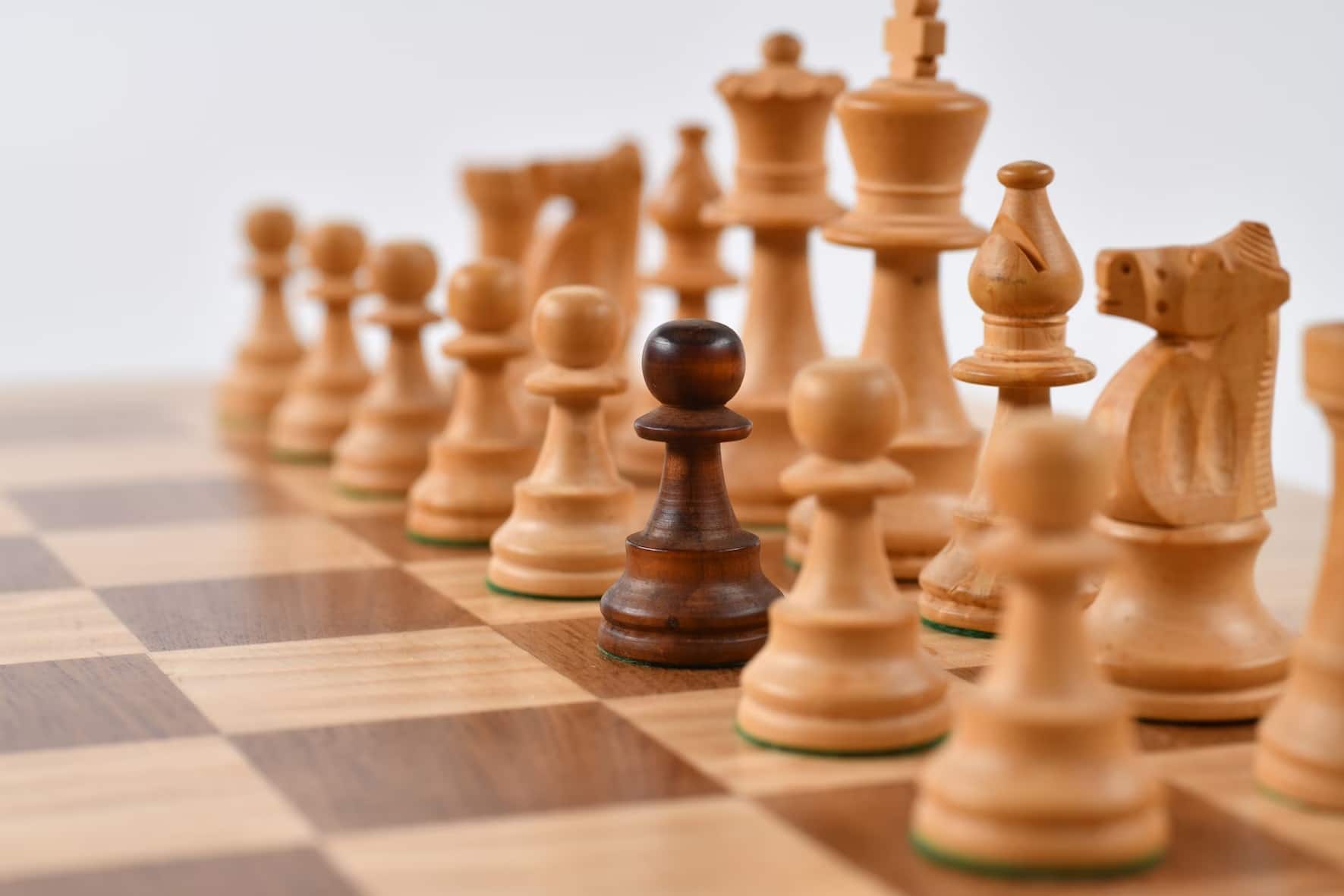Chess is an intriguing game of strategy that has been played for centuries. It requires a good understanding of the board, pieces, and rules. As a result, it can be both challenging and rewarding. This article will explore chess problems, a great way to improve your game and keep it interesting.
Chess problems are puzzles that require you to find a solution to a given position. They can range from simple checkmates to more complex tactical problems. They can also be used to practice specific skills, such as finding the best moves in a given position. Whether you are a novice or a master player, chess problems provide a great way to develop your skills and stay sharp.
In this article, we'll discuss the different types of chess problems, how to use them to improve your game, and some tips to get the most out of them.
Table of Contents
Chess problems
Chess problems are puzzles that involve the game of chess and require a specific solution. They involve a particular position, usually taken from a game, and the goal is to find a particular move or a series of moves that lead to a checkmate in a certain number of moves. The solutions can vary from simple to complex. Chess problems can be composed by players or they can be found in books.
Chess problems can be divided into different categories such as direct, helpmate, selfmate, and series. Direct problems have only one solution and the goal is to checkmate the opponent. Helpmate problems require two players to work together in order to achieve checkmate. Selfmates require the solver to force the opponent to checkmate them in a certain number of moves. Series problems require the solver to find a series of moves that lead to a checkmate.
Chess problems can be used as a way to improve one's tactical and strategic thinking as well as to gain a better understanding of the game. They can also be used as an entertaining form of mental exercise. There are many websites, books, and magazines dedicated to chess problems.
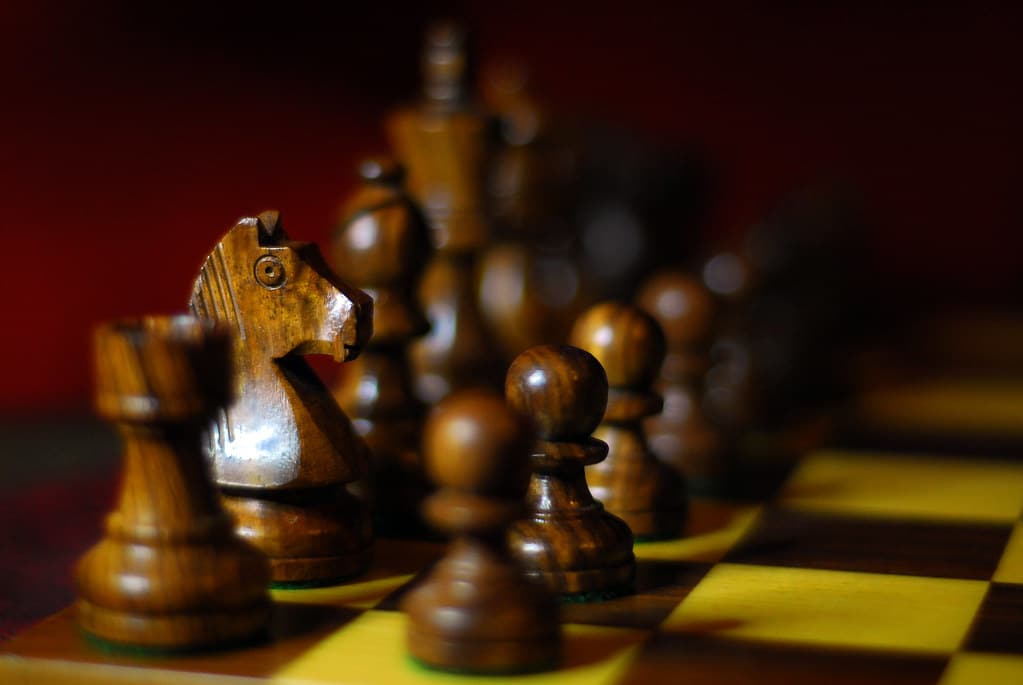
What is the problem in chess?
Chess is a game of strategy, with a strong focus on planning ahead and out-thinking your opponent. The problem in chess is that it can be difficult to predict the outcome of a move, because each move can lead to a different result. This means that even experienced players can make mistakes, and the game can end unexpectedly.
Players must be able to think multiple moves ahead and anticipate what their opponent might do. This requires a lot of practice and study, as well as an understanding of the game's strategies. If a player is not prepared, they can easily become overwhelmed and make mistakes that can cost them the game.
In addition, the game of chess has a high skill ceiling. This means that even experienced players can be challenged by a skilled opponent, as they will be unable to anticipate the opponent's moves. This can lead to a long and drawn-out game, which can be frustrating for both players.
Finally, there is the “luck” factor in chess. Any small mistake can have a huge impact on the outcome of the game, and this can be difficult for players to manage. This means that even experienced players can make mistakes and be defeated by an opponent who was simply luckier.
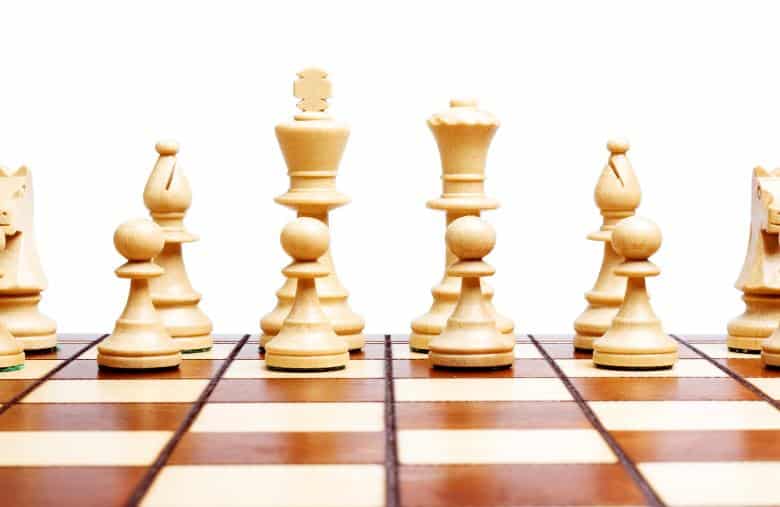
Is chess good for the brain?
Chess is a game of strategy, concentration, and problem solving that can be enjoyed by both young and old. It is a great way to keep the brain active, improve focus and thinking, and even helps to develop skills like planning, foresight, and decision making. Chess can also help improve memory and cognitive skills and has been found to be beneficial for children with learning disabilities. Research has even suggested that chess can improve academic performance.
Chess can be a great tool for social interaction and help build relationships. Playing chess with friends can foster collaboration and communication, while competition can help build confidence. Additionally, chess can help to reduce stress and anxiety and can even help improve mood.
In conclusion, chess is an excellent way to engage and challenge the brain. It can help improve cognitive skills, memory, and academic performance. Chess can also be a great activity for social interaction, communication, collaboration, and competition. Finally, chess can help reduce stress and improve mood.
Is there a perfect solution to chess?
Chess is a game with a vast amount of potential solutions. There is no single perfect solution to chess, as the game is full of complexity and infinite possibilities. However, there are proven strategies and moves that can give the best chances of winning. A good player will understand the underlying principles of chess and use them to make the most of their situation.
The best way to improve your chess skills is to practice regularly and to study the strategies of other players. There are many resources available that can help you understand the principles of chess and the different strategies used by experienced players. Additionally, playing against experienced opponents can also help you learn and improve your skills.
In conclusion, although there is no perfect solution to chess, there are many strategies and moves that can increase the chances of winning. By studying the principles of chess and practicing regularly, players can improve their skills and become better players.
Is 2000 a good puzzle rating?
The 2000 rating system is a measure of difficulty for puzzles, such as crosswords. It is based on the number of letters, black squares, number of words and word lengths. Puzzles with a 2000 rating are considered to be of intermediate difficulty and may require more time and effort to solve. Additionally, they usually contain more clues and require more knowledge of trivia and language. Overall, 2000 is a good rating for puzzles as it provides a challenge and can be enjoyed by people of a variety of skill levels.
When considering a puzzle with a 2000 rating, it is important to take into account the type of puzzle. For example, a crossword may require more knowledge of language and trivia than a jigsaw. Additionally, the more difficult puzzles can be a source of frustration, so it is important to choose a puzzle that is appropriate for the individual’s skill level.
In conclusion, 2000 is a good rating for puzzles as it provides a challenge and can be enjoyed by people of a variety of skill levels. However, it is important to take into account the puzzle type and the individual’s skill level when considering a 2000 rating puzzle.
Chess problems offer a challenging and rewarding experience for all chess players. They provide a great way to practice and improve your chess skills. Learning chess problems can help players improve their tactical thinking, analyze board positions and develop their overall chess strategy.
Additionally, chess problems are an enjoyable and engaging way to spend time and to have fun. Solving chess problems is a great way to challenge yourself, to practice and improve your game, to develop a good chess understanding, and to become a better chess player.
If you liked this post you should read about Kids Chess.

